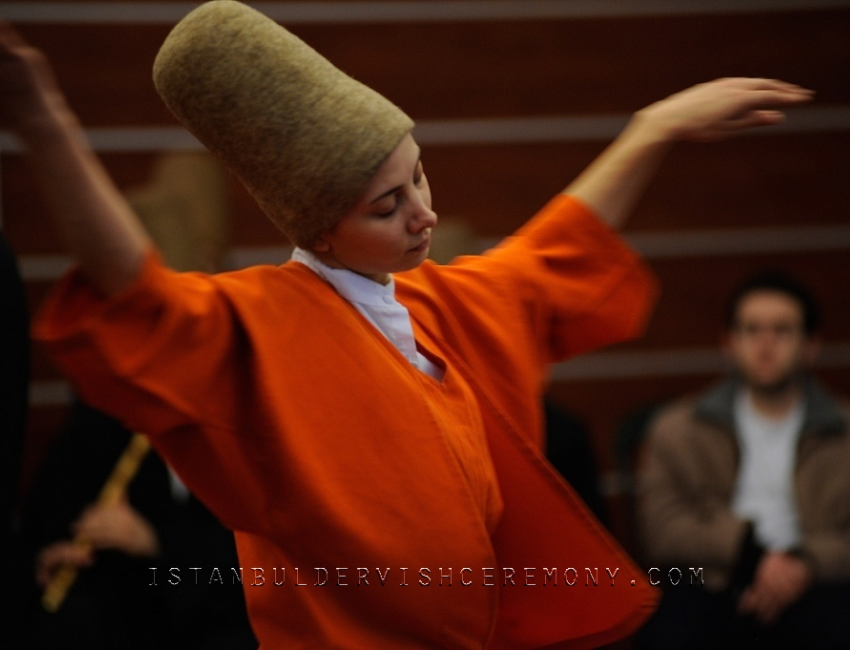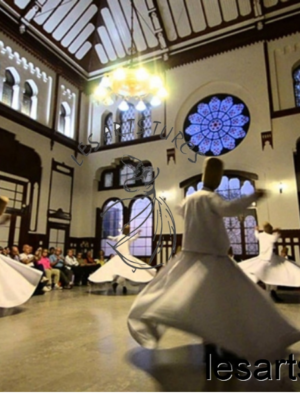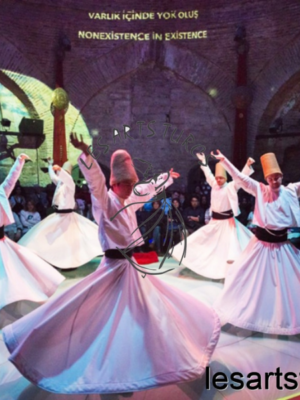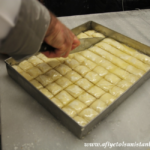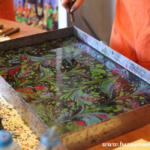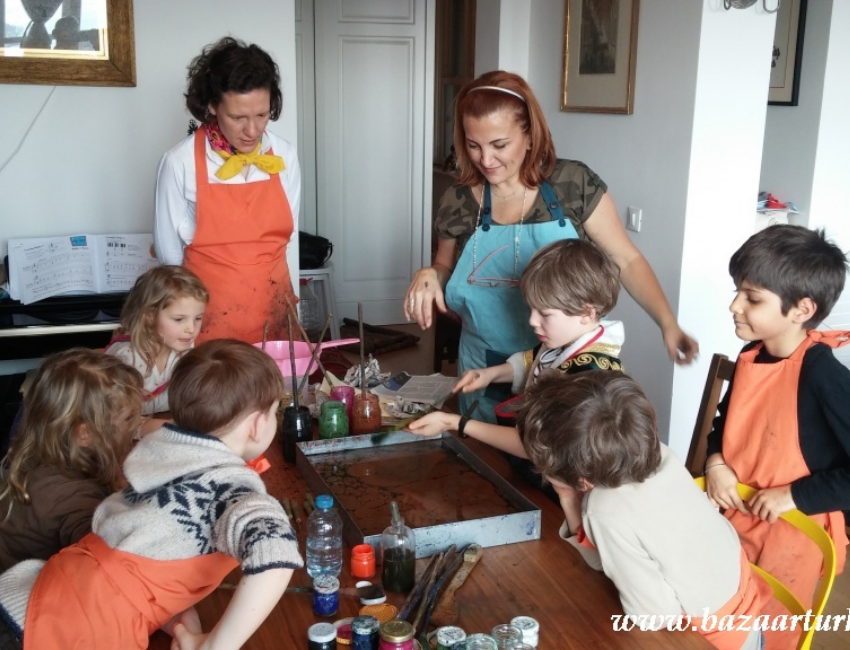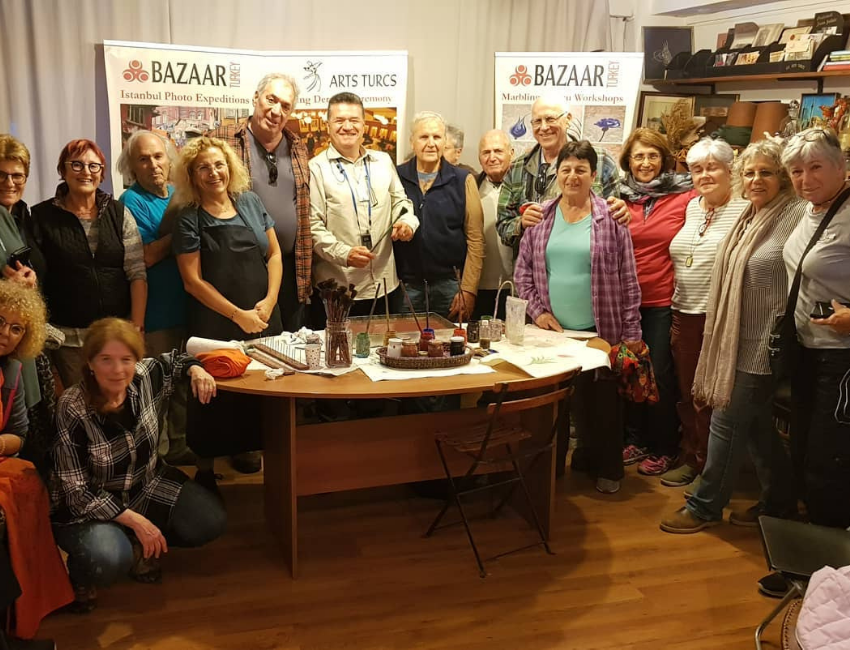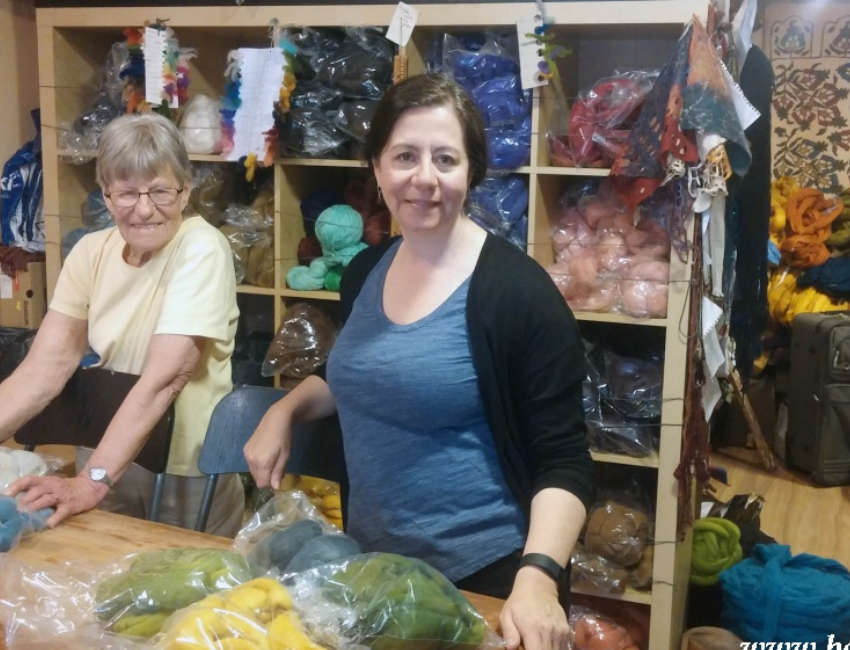Mevlana Jaluddin Rumi, the great mystic poet, lived in a dreamy, happy state of mind. Judging by the voluminous collection of Rumi’s works we have, we can tell that he had lots of time to meditate and think daily. I was even told that to have written so many poems, he must have written ten or twelve works a DAY, for several years. As you will read more of his poems, you might find a recurrent theme: optimism. A great many of these works of his have this theme. One which echoes my thesis is the following quatrain.
“Do not sit long with a sad friend.
When you go into a garden,
do you look at thorns or flowers?
Spend more time with roses and jasmine.”
When Rumi warns us against spending time with a sad friend, he uses a sad friend as a personification of that feeling or attitude which is oppressive. Instead, he believes we should look for the silver lining in every dark cloud. When he talks of ‘going into a garden,’ he means life. When we go through everyday rituals, we can choose our perspective. We can see the roses in life– the happy events that make us feel good, the beautiful sights for sore eyes–and we can turn our eyes from the thorns and dying plants. ‘Spend more time’ implies that indeed the thorns are necessary,and we must have downs to life. If he had said ‘spend ALL your time,’ we would live in a state of oblivious joy. To close, I say that Rumi’s quatrain is a revelation of truth even in its brevity. Everything is defined by its opposite; he restates this idea in another of his quatrains, “Greed and Generosity.”
“Take this town with its stores
and everyone rushing around,
some with a lot of money, some without any.”
The town would undoubtedly cease to exist if all of its inhabitants were rich or everyone were poor. We would have no appreciation for the ‘ups’ in life if there were no downs.’ Rumi suggests that although the downs will always be important, we shouldn’t focus on them.
Mevlana Jalauddin Rumi
Dervishhood
The Mevlevi Order
Night of the Whirling Dervishes

